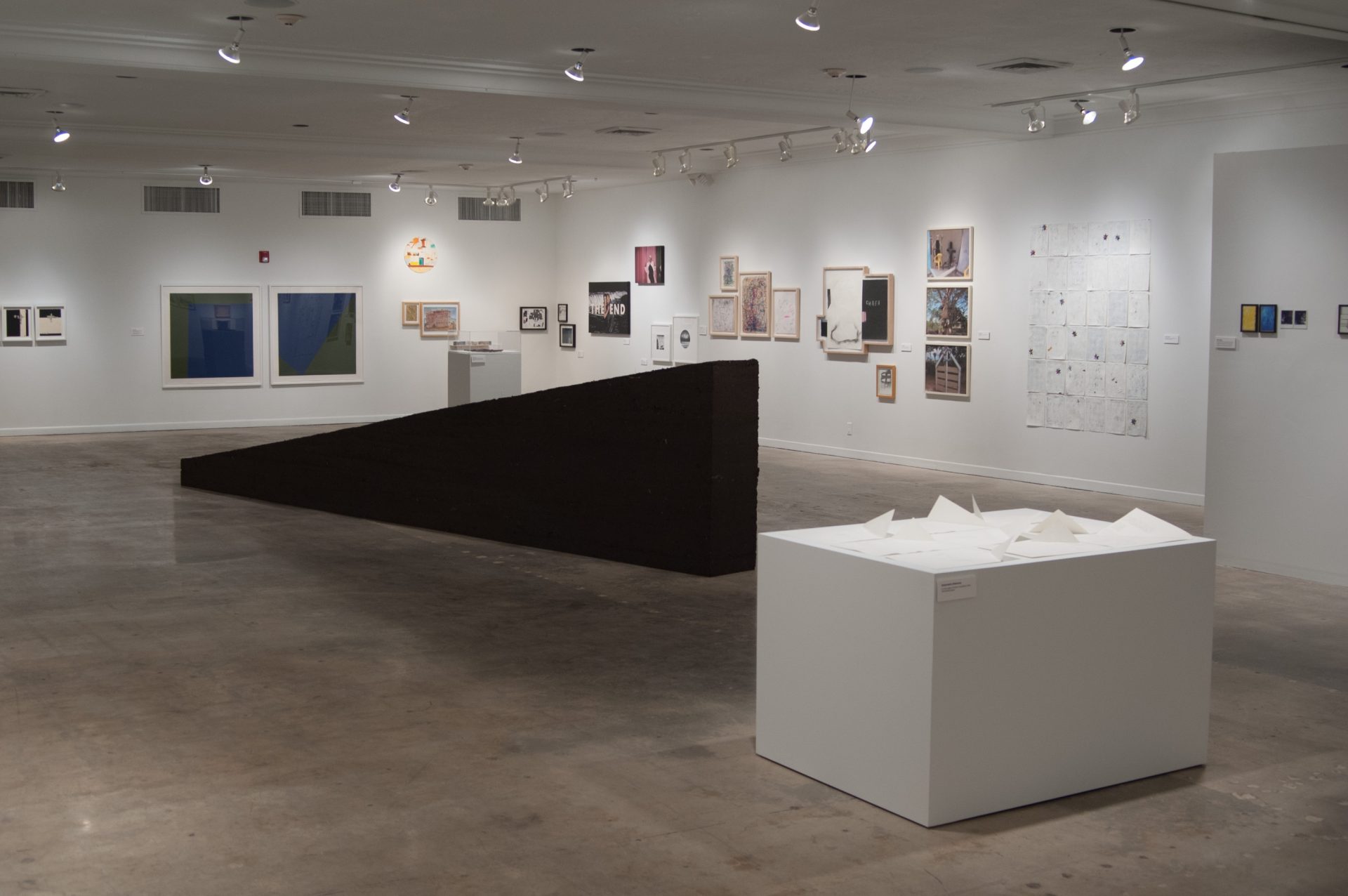“The odd couple: agitprop and the griot tradition
A former Sudanese child soldier who now raps about his life in often-bland verse is seated next to a lithe Congolese dancer and choreographer who, in his youth, dreamt that he would rewrite African literature. In Johannesburg for a conference entitled ‘Art in Troubled Times’ at the Goethe-Institut, they pick over the hurt that makes their life stories so compelling, so exportable. Following the routine exegeses, they are asked back on stage and then it happens: they disagree, not about the hurt, but rather about what to do with it, how to contain and direct it. Their disagreement escalates. It is as Nigerian novelist Chinua Achebe once said: ‘[When] African writers emerge onto the world stage they come under pressure to declare their stand.’
Neither Emmanuel Jal, a tireless 30-something social activist whose birth date is unknown, his mother a casualty of South Sudan’s wars of liberation, nor Faustin Linyekula, a literature and theatre student who first dabbled in choreography while living in exile in Nairobi during his early 20s, are writers in the conventional Western sense. Jal, however, fulfils the role of griot, that tradition of the itinerant African poet, musician and storyteller, who Linyekula also claims affiliation with. It is an uneasy kinship.
‘If it’s impossible for us to send to hell a future that we never had, if it’s difficult to go on ruining our pile of ruins, let’s try to dream,’ asserts Linyekula in the notes for his travelling production More, more, more … future (2011) a shambolic, celebratory piece of agitprop dance and live music performance that recalls the ecstatic collaborative spirit of Michael Clark and Merce Cunningham. Performed both at The Kitchen in New York and London’s Queen Elizabeth Hall, the piece melds punk attitude with Congo’s driving rumba rhythms and features lyrics by Linyekula’s childhood friend, Antoine Vumilia Muhindo, a political prisoner accused of murdering a former president of the Democratic Republic of the Congo, Laurent-Désiré Kabila, in 2001. ‘Look at the flags,’ reads a line of Muhindo’s poetry, ‘clumsy Fauvist paintings for the half blind.’
Seated next to Jal – who believes that by constantly retelling his story of loss, wandering, cannibalism and, finally, grace, he will shift consciousness – Linyekula affirms his stand. Jal is first to speak: ‘I went back to school and completed my degree because I want to change the world,’ he says. ‘Do I really want to be a voice to others?’ interjects Linyekula. ‘Maybe not. When will I be able to talk about beauty without having to feel guilty about all these other things? One of the dramas of my generation is that we haven’t learnt to be individuals. We are never totally individuals, we are always part of a mass, always statistics. I hate this thing.’ Jal: ‘Everyone is different, you know. My past is lost, there is nothing I can do about it, but if I can use my past to bring about change, if we tell our stories, other people can be helped. I want to reach out to as many people as possible: Africa will not go forward until we raise a new generation of accountability, responsibility and integrity.’ Linyekula: ‘When will Africa ever care about me? When will Africa ever care about us? How long will it be like this? We also need to give the example of Africa as the caring mother. When will that ever be possible?’ Jal: ‘We are all different. I was in the same situation as you before, thinking why should I care about other people.’ Linyekula: ‘Don’t you wish it was possible for it to be different as well?’ Jal: ‘I wish things would change, but I say let me try to make something happen. I will die trying to see the change I want to see, rather than sit down cursing because I already lost it.’ Linyekula: ‘Maybe that is the difference: I haven’t lost it yet. No! I refuse to take it from that point, that it is already lost. My life is in front of me, and I want it to be better. I want the life of those around me to be better.’
The moderator intervenes; it’s time to wrap. Here’s a thought. In 1972, Achebe visited Harvard University and famously declared Ghanaian novelist Ayi Kwei Armah’s landmark debut novel, The Beautyful Ones Are Not Yet Born (1968) – a brooding story of a nameless man negotiating his own existential torpor amidst a society marked by pervasive psychological and material corruption – to be horseshit. ‘Armah imposes so much foreign metaphor on the sickness of Ghana that it ceases to be true,’ wrote Achebe. ‘Unfortunately Ghana is not a modern existentialist country. It is just a West African state struggling to become a nation.’ One wonders what the granddaddy of modern African letters would make of this exchange, of Jal and his Tupac routine, of Linyekula, who uses foreign metaphors and refuses the air-conditioned bunkers of exile in favour of Kisangani, a city in a Central African country still struggling to become a nation. Does it matter? No. The beautyful ones have been born.
Sean O’Toole”
(Via Frieze Magazine.)

